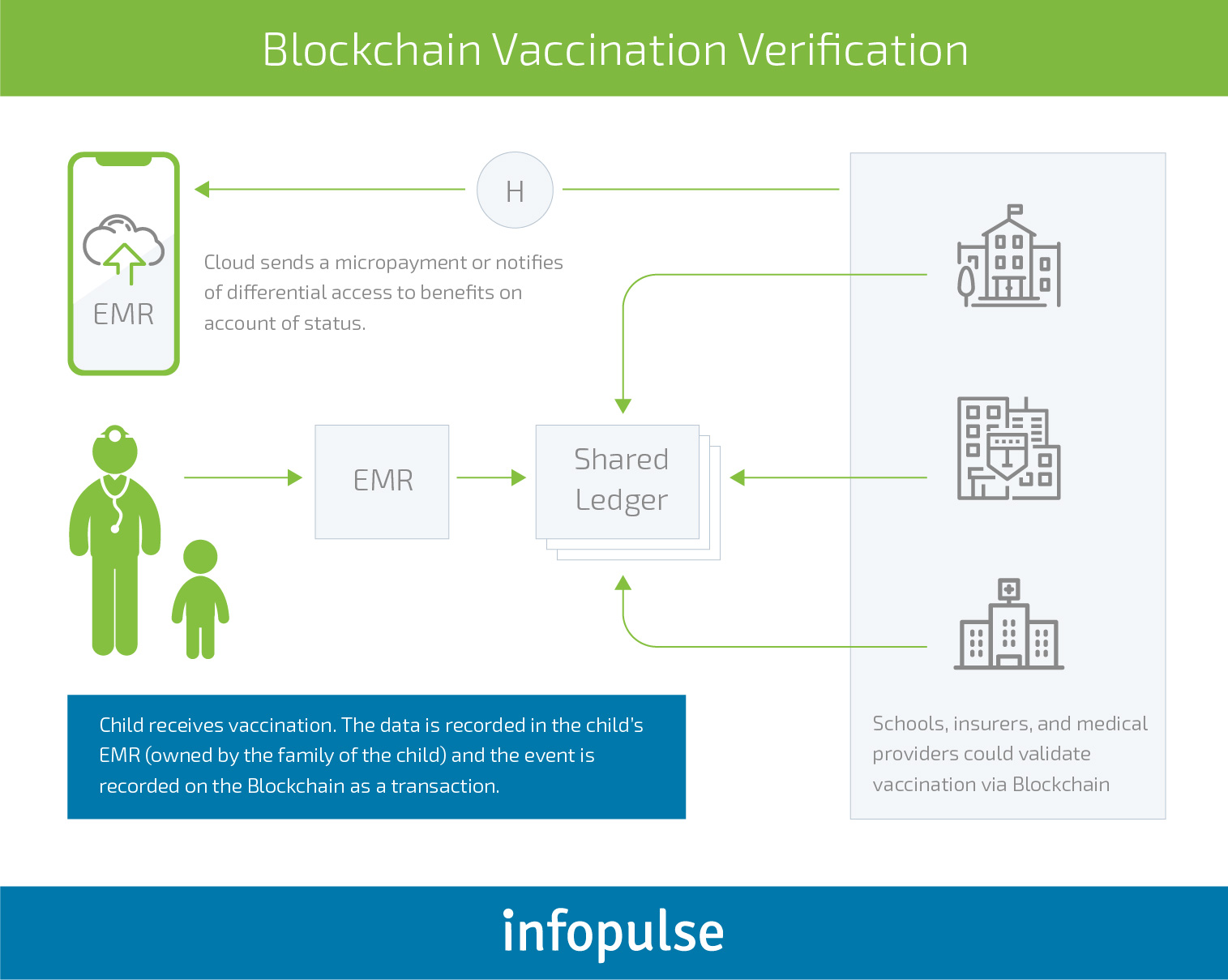

- Blockchain transaction verification full#
- Blockchain transaction verification verification#
- Blockchain transaction verification software#

Blockchain transaction verification full#
It is possible to verify payments without running a full network node. Businesses that receive frequent payments will probably still want to run their own nodes for more independent security and quicker verification.
Blockchain transaction verification software#
One strategy to protect against this would be to accept alerts from network nodes when they detect an invalid block, prompting the user's software to download the full block and alerted transactions to confirm the inconsistency. While network nodes can verify transactions for themselves, the simplified method can be fooled by an attacker's fabricated transactions for as long as the attacker can continue to overpower the network.
Blockchain transaction verification verification#
He can't check the transaction for himself, but by linking it to a place in the chain, he can see that a network node has accepted it, and blocks added after it further confirm the network has accepted it.Īs such, the verification is reliable as long as honest nodes control the network, but is more vulnerable if the network is overpowered by an attacker. A user only needs to keep a copy of the block headers of the longest proof-of-work chain, which he can get by querying network nodes until he's convinced he has the longest chain, and obtain the Merkle branch linking the transaction to the block it's timestamped in. Stay tuned for a section-by-section release, and remember that you are still welcome to enrol in the BSV Academy to gain a certificate of completion to add to your resume. To make it as effortless as possible for you to have access to this educational material, we are publishing the entire course here on our blog. This section focuses on Simplified Payment Verification (SPV) and explains why it is possible to verify payments without running a full network node. The course goes through the Bitcoin white paper section by section elaborating on the concepts contained within each. Some technical experience would be helpful to complete the course, however, it is open to anyone regardless of experience. This course is open to anyone who is interested in Bitcoin and is the beginner course in this series. The BSV Academy’s free introduction to Bitcoin Theory course covers the design of Bitcoin as a system as prescribed by Satoshi Nakamoto.


 0 kommentar(er)
0 kommentar(er)
